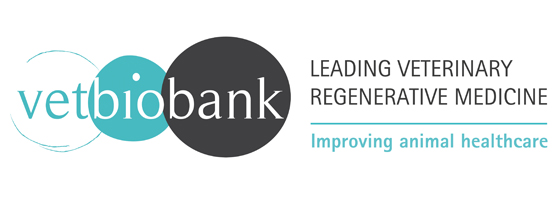Mesenchymal stem cells (MSCs) are a promising therapy for immune-mediated and inflammatory disorders, because of their potent immunomodulatory properties. In this study, we investigated the use of fresh, autologous, adipose-derived MSCs (ASCs) for feline chronic gingivostomatitis (FCGS), a chronic, debilitating, idiopathic, oral mucosal inflammatory disease. Nine cats with refractory FCGS were enrolled in this pilot study. Each cat received 2 intravenous injections of 20 million autologous ASCs, 1 month apart. Oral biopsies were taken before and at 6 months after the first ASC injection. Blood immune cell subsets, serum protein, and cytokine levels were measured at 0, 1, 3, and 6 months after treatment to assess immunomodulatory effects. Seven of the 9 cats completed the study. Five cats responded to treatment by either complete clinical remission (n = 3) or substantial clinical improvement (n = 2). Two cats were nonresponders. Cats that responded to treatment also exhibited systemic immunomodulation demonstrated by decreased numbers of circulating CD8+ T cells, a normalization of the CD4/CD8 ratio, decreased neutrophil counts, and interferon-γ and interleukin (IL)-1β concentration, and a temporary increase in serum IL-6 and tumor necrosis factor-α concentration. No clinical recurrence has occurred following complete clinical remission (follow-up of 6–24 months). In this study, cats with <15% cytotoxic CD8 T cells with low expression of CD8 (CD8lo) cells were 100% responsive to ASC therapy, whereas cats with >15% CD8lo cells were nonresponders. The relative absence of CD8lo cells may be a biomarker to predict response to ASC therapy, and may shed light on pathogenesis of FCGS and mechanisms by which ASCs decrease oral inflammation and affect T-cell phenotype.













